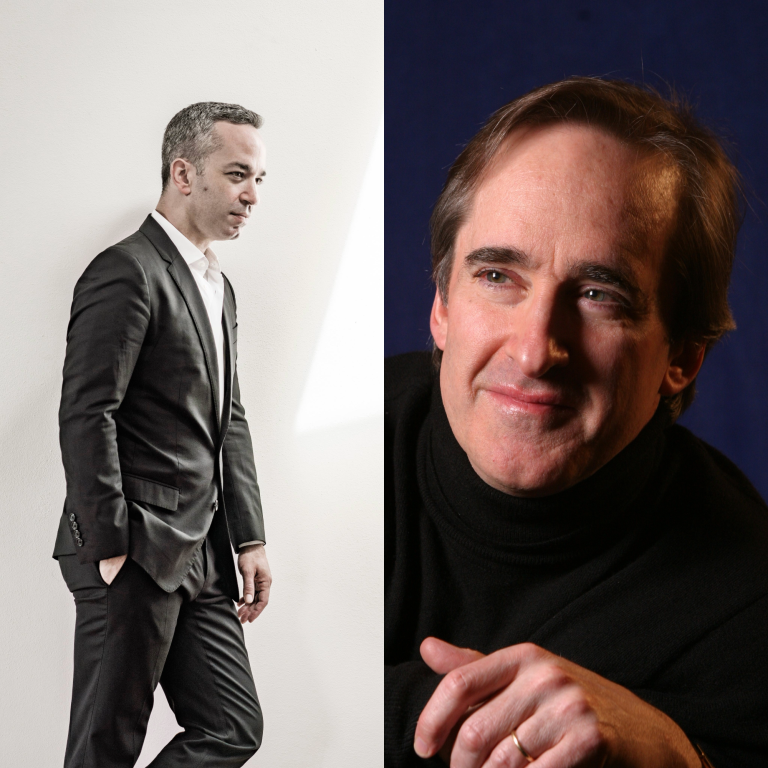Festival Orchestra:
Barnatan and Conlon with Literary Notes: Bernstein and Shostakovich

Please Note:
Tickets will go on sale to the public April 16.
30 minute hold in cart
ALSO AVAILABLE
BERNSTEIN: Symphony No. 2, The Age of Anxiety, after W. H. Auden
--
SHOSTAKOVICH/JAMES CONLON: Suite from Lady Macbeth of Mtsensk, op. 29a
"One of the most admired pianists of his generation" (New York Times), Inon Barnatan has received universal acclaim for his "uncommon sensitivity" (The New Yorker), "impeccable musicality and phrasing" (Le Figaro), and his stature as "a true poet of the keyboard: refined, searching, unfailingly communicative" (The Evening Standard). He returns to Aspen for Bernstein’s second symphony, which was inspired by the recently published W.H. Auden Pulitzer Prize-winning poem The Age of Anxiety. Auden's themes of alienation, friendship, family, and faith occupied Bernstein throughout his life. The poem's sometimes sexual overtones must also have resonated with him at a time when he was trying to reconcile his bisexuality with his attraction to the actress Felice Montealegre, not yet his wife. Unlike a conventional symphony, the piece is in two parts with three sections each, mirroring Auden's poem, and prominently features a piano soloist.
When Shostakovich was in his late twenties, his opera Lady Macbeth of the Mtsensk District was a smash hit. At one time, three different productions were running in Moscow. Then Stalin himself went to a performance. Offended by the luridness of the plot, he had the state newspaper condemn the work, and it disappeared overnight. Shostakovich was terrified that he too would disappear, and he kept a suitcase packed at all times in case of arrest. Conductor James Conlon considers the work the most important Russian opera of the 20th century. In his words, Shostakovich "realistically depicted the lowly status of Russian women and laid bare the hypocrisy and brutality of Soviet society; and in one great gesture he created a musical vocabulary all his own, using the orchestra with novel mastery and virtuosity." In 1991, Conlon assembled an orchestral suite from the opera "designed to render a part of Lady Macbeth of Mtsensk more easily accessible to the non-operatic music loving public. It has been expanded from the five existing interludes to include both brilliant and expressive passages which simultaneously display the richness of the orchestration, reveal the extraordinary variety of dramatic moods, and weave it together in a linear fashion to 'recount' the story. I have attempted through the chronological arrangement of the excerpts to capture at least a part of the chilling dramatic power of what is surely one of the 20th century's greatest works."
Welcome back to Aspen one of the most compelling conductors of our time as he brings to life two extraordinary 20th century masterworks!